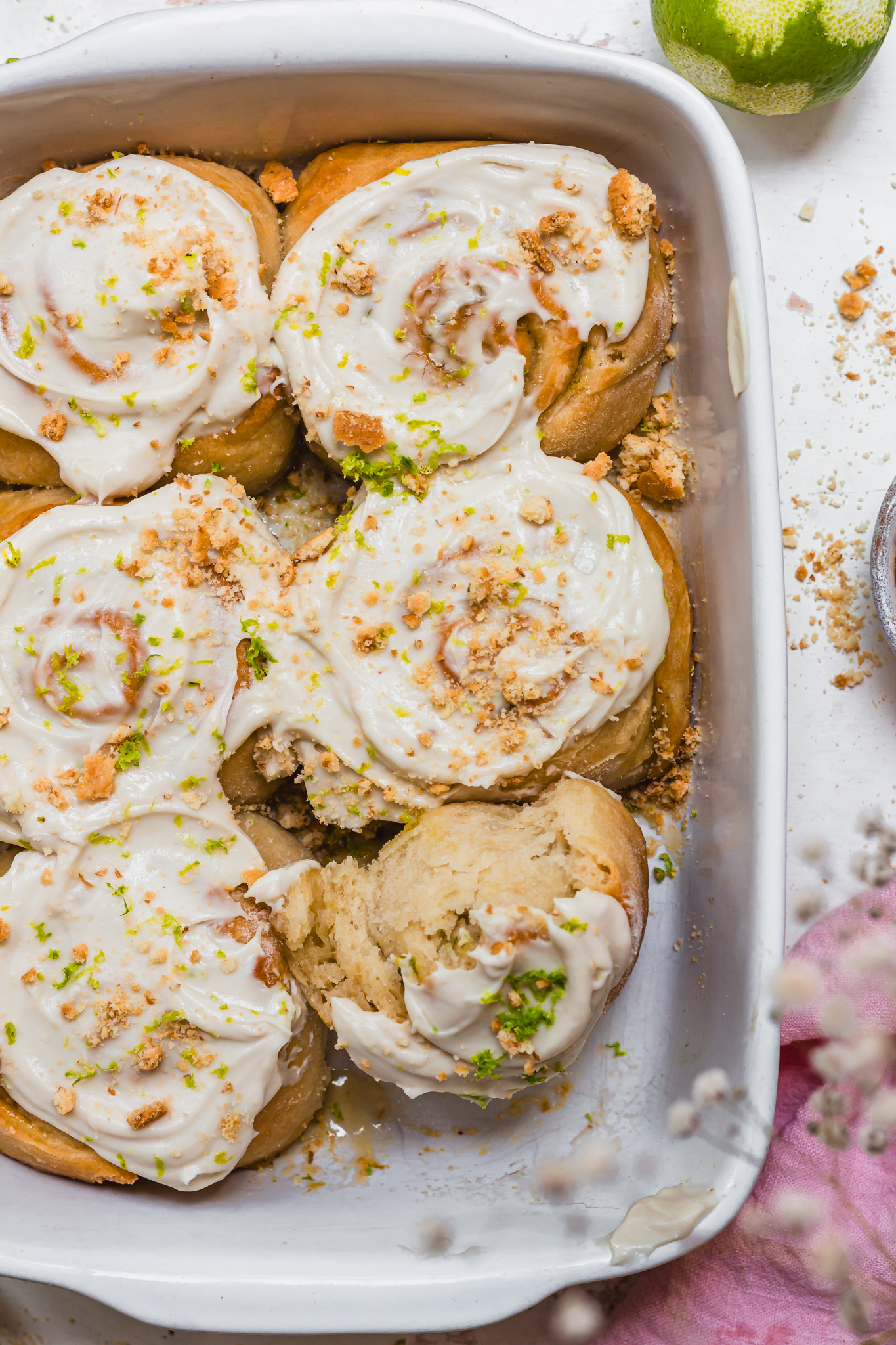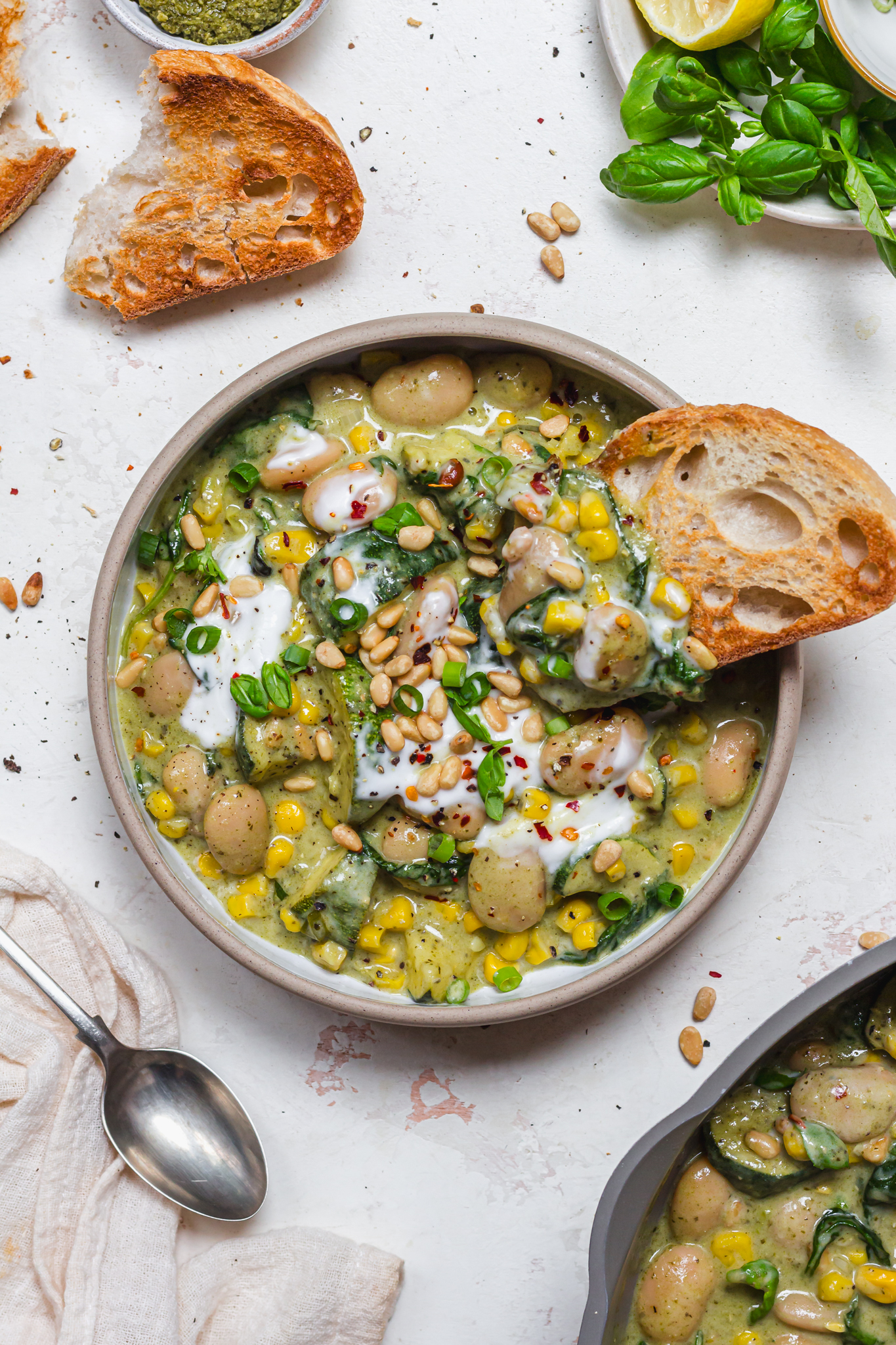Monthly Musings: April 2021
April marks National Stress Awareness Month so it only seemed right to talk about stress as this monthly musing theme. Each month I take some time to think about what topics to explore and there are just so many… so sometimes I really appreciate having a national “month” to work on.
Stress Awareness Month has been recognised every April since 1992, which is news to me. In fact, before this year (2021) I didn’t realise it was acknowledged by its own month, but it’s really great news. Stress is something we throw about all the time by saying “we’re so stressed” or “it’s so stressful” but what do we actually mean?
Learning to cope with stress and finding healthy ways to deal with our own stress is important in being able to lead a balanced and positive life. It seems particularly poignant after the year we’ve had (and continue to live through) with the COVID pandemic and all the restrictions and changes to life as we know it.
Stress: Someone Trying to Repair Every Situation Solo. – Dave Willis
What is stress?
Let’s talk about stress: it’s not necessarily a bad thing. In fact, stress is primarily a physical response by our body to stimulus (whether internal or external). Without the ability to feel stress, humankind would not have survived. The classic example is of the caveman who used the onset of stress to become aware of potential dangers and threats – and the same can be said today (only we are not running away from lions and tigers but work, business, relationships, invisible illnesses…), stress is our body’s reaction when under attack to switch to “fight or flight mode”. I remember being fascinated by this in biology class: this switch is a complex mix of hormones and chemicals, such as adrenaline and cortisol, to prepare the body for action.
The result is that some parts of the body will work overtime (like blood flowing to our muscles) while others slow down (like digestion). For example, think about when you’re stressed, you often don’t feel hungry, or you feel never satiated. Or you get stomach cramps… your body isn’t directing its energy to your digestion at this time. Instead, our heart pounds, we have a boost of energy and we are “in the zone”.
All of which is great to deal with the stress in front of us, but less energy goes towards our brains and our focus is minimised. We can no longer think straight, get easily confused and don’t focus on other tasks. We’re in this “fight or flight” mode where we either have to “fight back” which is often displayed as aggression or anger toward others or we “take flight” and remove ourself from the situation. The second can only worsen the original stress which continues, even though we are burying our head in the sand (guilty as charged).
According to the Stress Org website, there is a third response to stress, that I didn’t learn about at school. That is “freeze”. This is a state where our body becomes dysregulated: the energy that has been initiated from the threat is locked in our bodies and we freeze – for example we hold our breath or our breathing is shallow and irregular.
As much as I love the science behind stress – I highly recommend you researching some more (the Stress Management Society website is great for bite-sized information).
What are stressors?
Stressors are the perceived threat: the things that makes us feel stressed.
That state of stress is reached hen the “demand exceeds the personal and social resources that individual is able to mobilise”.
The stressor that leads to this state of “collapse” and of “exceeded demands” can be any number of things. Like emotions, stress is very personal so what one person finds particularly stressful and challenging, another person doesn’t even consider as a stressor. Perhaps it is something at work, a colleague, a relationship, diet culture, the pressure from social media, a change of situation or livelihood… ultimately it is when we feel the demand on us is more than we can manage.
How can we cope with stress?
Even though the body’s response to stress is natural as we have seen above, long-term stress can have serious effects on our overall wellbeing and health. As with stressors, ways of coping with stress are similarly very personal so find out what works for you.
Before that though, have you identified what is making you feel stressed?
Take some time to really sit and think about what is going on in our life, what are you going through, what are your relationships like? Write them down, talk to a friend or family member about them. Acknowledge your stressors and don’t feel ashamed or embarrassed about what is putting too much demand on you. We all have our own personal limits.
- Acknowledge your stressors and tell yourself “I acknowledge my stress and I am letting it go. I am relaxed and calm. I feel my tensions melting away.” Or choose your own affirmations.
- Make your health a priority! This has so many facets to it but put yourself first.
- Sleep. The power of a good night’s sleep is immense and a lot of us overlook it’s importance. If you don’t sleep well, research some good sleep hygiene habits to develop to help your body rest.
- Water. Like the grass and the trees, we need water in order to flourish. Stay hydrated to make sure you’re feeling alert and can thrive.
- Food. Look at what food you are eating and how it makes you feel? Maybe there are some things you can play around with to feel better? Add in some more fruits and vegetables, make sure you eat the rainbow and make sure food is there to be enjoyed!
- Movement. I am not the world’s sportiest person, and I don’t go for walks every day, but I do notice that when I got for a quick walk or do a morning Pilates class, I feel a boost. It’s time to switch off and forget about your stress, yes, it’s still there afterwards, but you can attack the situation with clarity.
- Social media and emails. We often feel like slaves to technology, we spend way too long on social media and without realising, the apps we choose to spend a lot of time on can negatively impact our health and mental wellbeing. Have some time off can really help and break a negative cycle.
- Mindfulness. Where to begin with this, but there are so many things you can do more mindfully that make a huge impact on our everyday lives. Acting mindfully or “with intention” brings us back to the present moment and means we can act with intent. Rather than running at a million miles an hour, it encourages us to slow down and see the situation for what it is.
- Breathing. Have you ever stopped to take a few really deep big breaths? The feeling can be immense. Most yoga practises start with and focus on the breath, and for good reason. Making sure your body is well oxygenated enables the body to work as it should and in fact, it holds a treasure trove of benefits. See my post form March 2020 about the power of the breath.
There are so many more ways we can help ourselves when we are feeling stressed (or even if we are not aware of feeling stressed) and it’s a good idea to practise a few (or all of the above) every day for our overall mental and physical health. The feeling of balance, in alignment and at peace with our life will make you feel on top of the world. Indeed, the ability to deal with whatever comes our way, or seeking help when the demands on us feel too great, are essential tools we can have in our back pockets that we will return to time and time again. Life is full of stressors, so why not equip ourselves with the best toolkit out there?
A lot of the scientific information came directly from the Stress Management Society who I really recommend looking up for everything about stress, dealing with it and feeling stress-free.

These are my Chocolate Raspberry Truffles which are great as a pick-me-up and an activity to de-stress and take your mind away. They are naturally vegan, gluten-free and require no baking. You can find the recipe here on my Instagram post.




Those truffles look good!
thanks so much!
Hey Amy my super friend! This is definitely what I needed to read your monthly musings about Stress for April. I lost my job in wraparound care at local primary school in November and been having countless of interviews on zoom and in person just getting rejected. I am so wanting to become a play specialist and thinking on next steps to get there.
I feel like I am always trying to hard and not getting anywhere etc so I definitely will take a look at the above website. Also I know about young minds as well and can’t believe April is stress month. Especially with all of the current Covid restrictions. Hope you amd your family are keeping safe. My dog 🐶 Ben says woofs to your cat Jessie xxxx 😋💕🌱definitely will tag you into my bakes using your recipes.
I have enjoyed doing Joe wicks and dog walks to keep me sane amd of course your amazing Nourishing amy business posts as well and your ebook /newsletter as well.
Thank you ☺️ it has so helped xxxxSaved to my WordPress saved collection
I am glad you found this post helpful and best of luck with the job interviews x